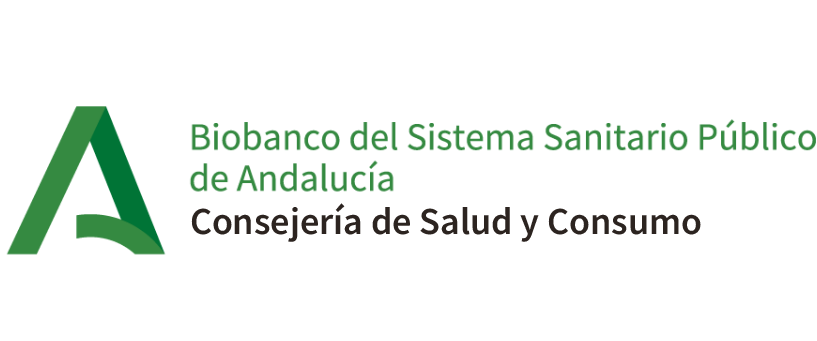More than 30 patients with melanoma and sarcoma avoid amputations with a referral technique from Macarena Hospital

A team of surgeons and perfusionists, oncologists, intensivists, dermatologists, pharmacists, anesthesiologists and specialists in nuclear medicine at the Virgen Macarena Hospital has managed to consolidate a technique to avoid amputation in cases of melanoma and soft tissue sarcoma, which is only practiced inis common in two other centres throughout Spain, and in very few others worldwide.
The technique, known as intra-arterial chemotherapy, involves a highly complex and effective approach that prevents amputation of the limb in which the tumor is located. The procedure consists of isolating the affected limb and, using an extracorporeal perfusion system, administering the chemicalo therapy through the main artery or vein of the limb and, in hyperthermic conditions, infuse chemotherapy for approximately 60 minutes. It is indicated in patients with melanoma with unresectable metastases of the extremities and in locally advanced and unresectable sarcomas.
The center began to apply this technique 15 years ago and since then they have beensuccessfully affected 32 patients -26 with melanoma and six with soft tissue sarcoma-, whose only therapeutic alternative in that phase of the disease was the amputation of the limb, which has earned the Sevillian hospital to become a regional reference center for this technique throughout Andalusia.
In fact, he points out that, according to hospital sources,30% of the patients to whom this intervention has been carried out to date were referred from other autonomous communities. For its part, the percentage of limb rescue has been, in the Sevillian center series, 90%, above the average of 80% expected in these cases.
To be a regional reference center in this technique, the Virgen Macarena Hospital hasa multidisciplinary team composed of various specialties: Cardiovascular Surgery and Perfusionists, Nuclear Medicine, Orthopaedic Surgery and Traumatology, Pharmacy, Anesthesiology and Resuscitation, Oncology, Intensive Care and Dermatology. The cases are previously analyzed by the Melanomas Subcommittee of the hospital.
However, in the context of the celebration of M-Dayundial Contra el Cáncer, which is held every February 4, the hospital highlights, along with surgical advances, the various research projects developed by the Medical Oncology Unit and that place the Sevillian center at the forefront of oncology research.
Among the lines of research that are underway, the one promoted in collaboration stands outwith Biobank and Pathological Anatomy Service of the Virgen Macarena and Cabimer Hospital, with the aim of producing organoids from biological samples of patients, in which the growth of cellular tissue can be analyzed, testing the routes that are activated in said growth and the ways to block it through drugs.
In these organoids you can perform allor type of analysis (proteomic, metabolomic, transcriptomic...) and are an alternative to animal research.
In addition to this research project with organoids, the Medical Oncology Service has numerous other lines of academic research active and in the context of clinical trials in different oncological pathologies. In mostthese projects, the collaboration with Biobanco both in the collection, conservation and standardization in the handling of biological samples is essential.
Currently, the Medical Oncology Service maintains 245 clinical trials for the development of new drugs, of which 46 are in phase 1, 74 in phase 2 and 125 are in phase 3.
Source: Diario de Sevilla

